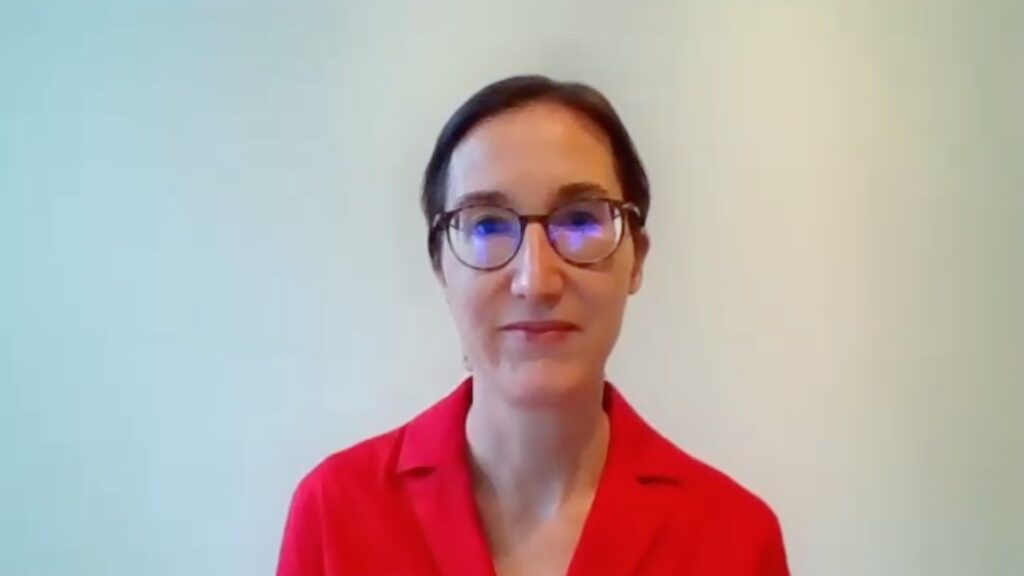The European Alliance of Associations for Rheumatology (EULAR) proudly announces the launch of its 2024-2029 European Manifesto, addressing the urgent need for a coordinated response to rheumatic and musculoskeletal diseases (RMDs) across Europe. This initiative comes at a pivotal time with newly elected Members of the European Parliament (MEPs) emphasizing the importance of prioritizing health and socio-economic challenges, particularly those posed by RMDs.
Why are RMDs a critical issue for Europe?
RMDs, often referred to as ‘the invisible diseases’, impact approximately 120 million Europeans, or one in five individuals. Despite their prevalence, there is a significant lack of awareness among policymakers and the public, leading to frequent neglect in political and financial agendas. The consequences are severe, with RMDs contributing to physical disability, chronic health conditions, and substantial economic burdens, estimated at 240 billion Euros annually.
Moreover, RMDs not only threaten individual health but also contribute to high-mortality Non-Communicable Diseases (NCDs) such as cancer, cardiovascular disease, diabetes, and mental health disorders. RMDs account for over 50% of Years Lived with Disabilities (YLDs) in Europe and approximately 38% of all occupational diseases.
Strategy for quality of care, research, and social policy
EULAR’s 2024-2029 European Manifesto calls on the European Union and national governments to develop comprehensive strategies to address RMDs. This initiative has already gained support from multiple MEPs who recognize the urgent need for action, particularly in the areas of quality of care, research, and social policy.
The manifesto advocates for:
- Improved Prevention, Diagnosis, and Treatment: Enhancing early diagnosis, treatment, and rehabilitation interventions for RMDs.
- Prioritization in Health Policies: Incorporating RMDs into the EU’s ‘Healthier Together – NCD Initiative’ and national NCD plans, and addressing the shortage of rheumatologists to improve care standards.
- Supportive Social Policies: Recognizing RMDs as a leading cause of disability and promoting inclusive and flexible education and workplaces. Increasing funding for improved mobility and accessibility measures.
- Ambitious Research Agenda: Establishing a research agenda targeting the causes, treatment, and care models for RMDs. This includes launching a dedicated ‘Inflammation, Non-Communicable Diseases, and Comorbidities’ European Partnership under Horizon Europe and strengthening support for RMD-related European Reference Networks (ERNs).
EULAR’s commitment
EULAR, along with its member organizations and partners, is committed to driving forward a European response that prioritizes the health and well-being of all citizens. By addressing the challenges posed by RMDs through comprehensive strategies in quality of care, research, and social policy, EULAR aims to significantly improve the lives of those affected by these debilitating conditions.
Disclosures: This article was created by the touchIMMUNOLOGY team utilizing AI as an editorial tool (ChatGPT (GPT-4o) [Large language model]. https://chat.openai.com/chat.) The content was developed and edited by human editors. No funding was received in the publication of this article.
Looking for more content on RMDs? Take a look at some recent articles from our journal touchREVIEWS in RMD:
Artificial Intelligence in Musculoskeletal Medicine: A Scoping Review











